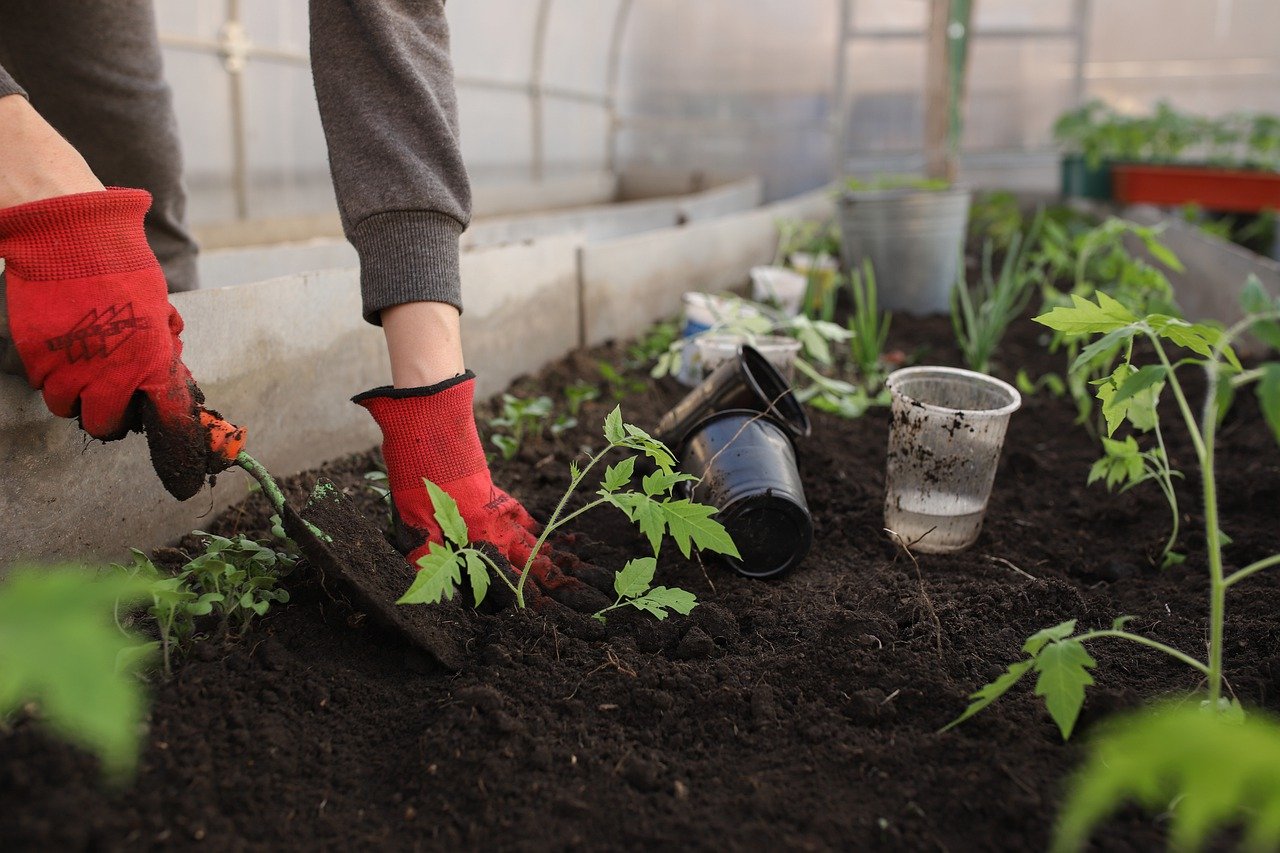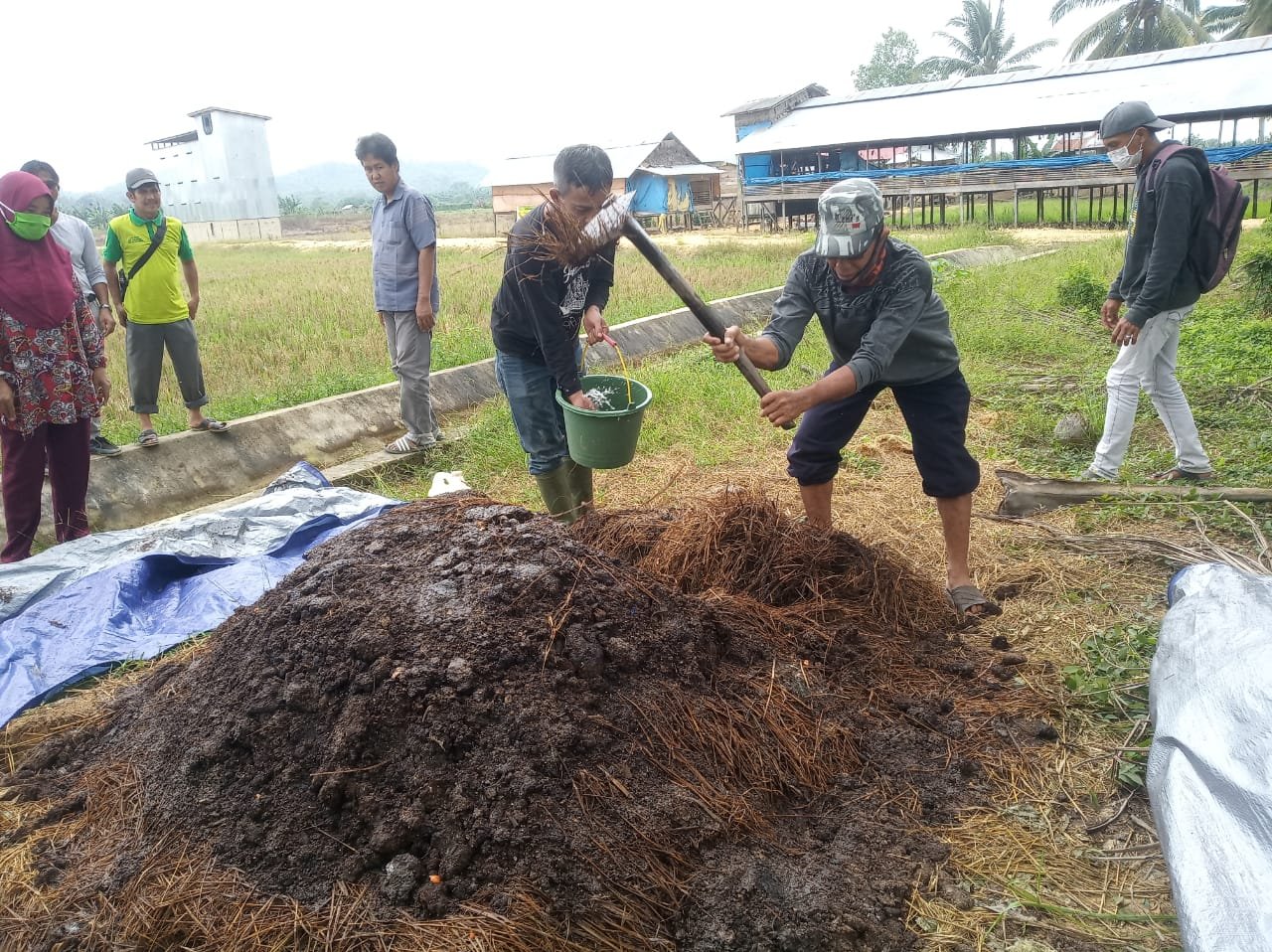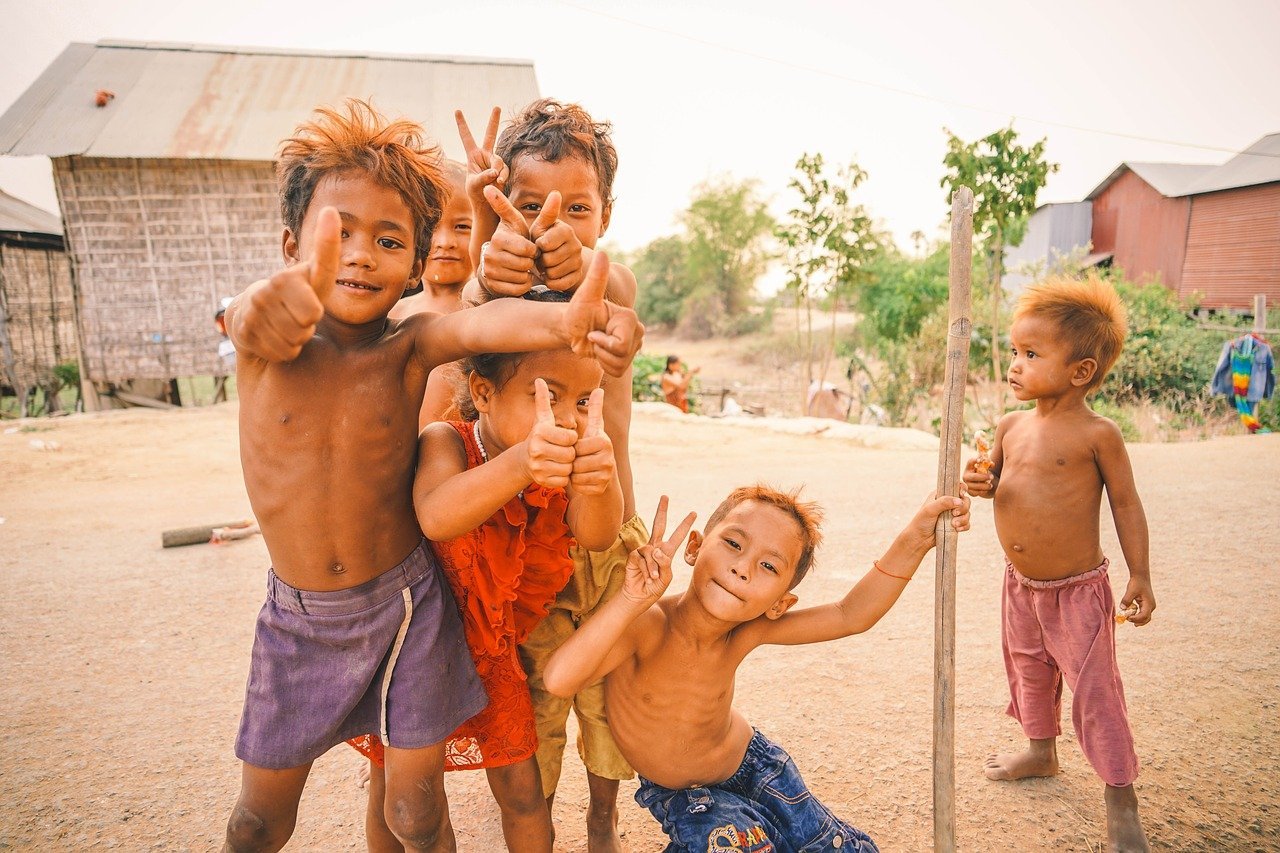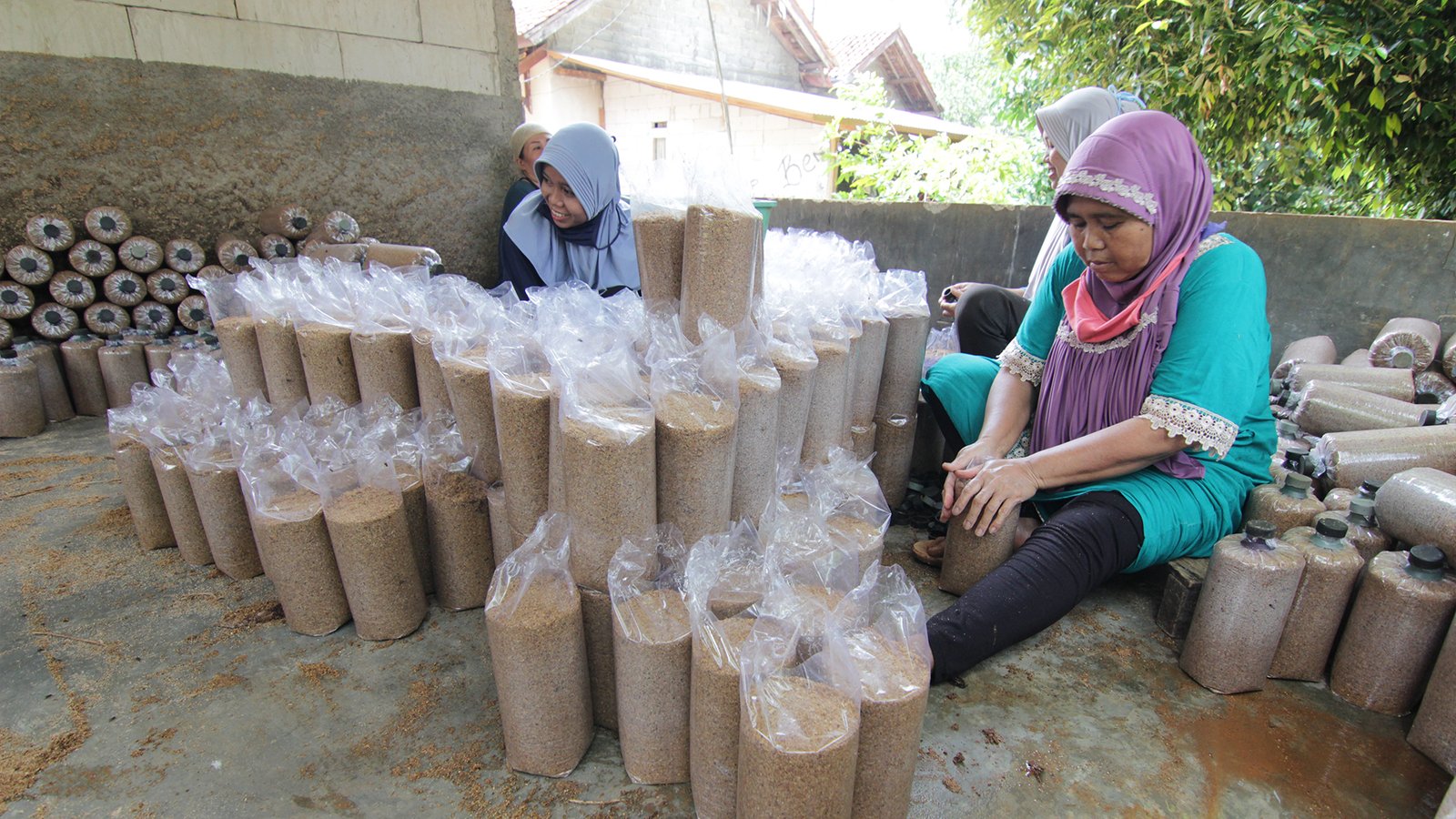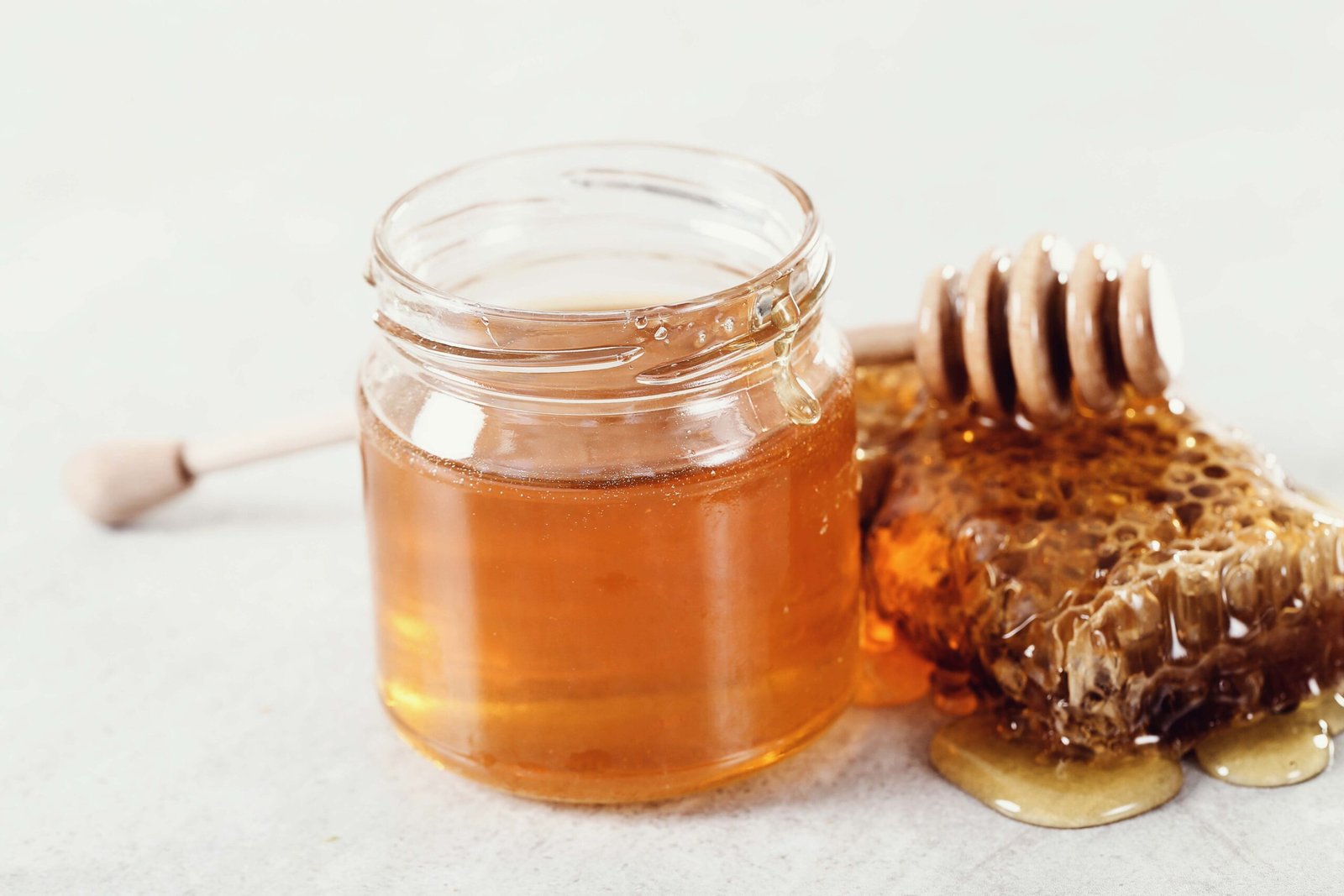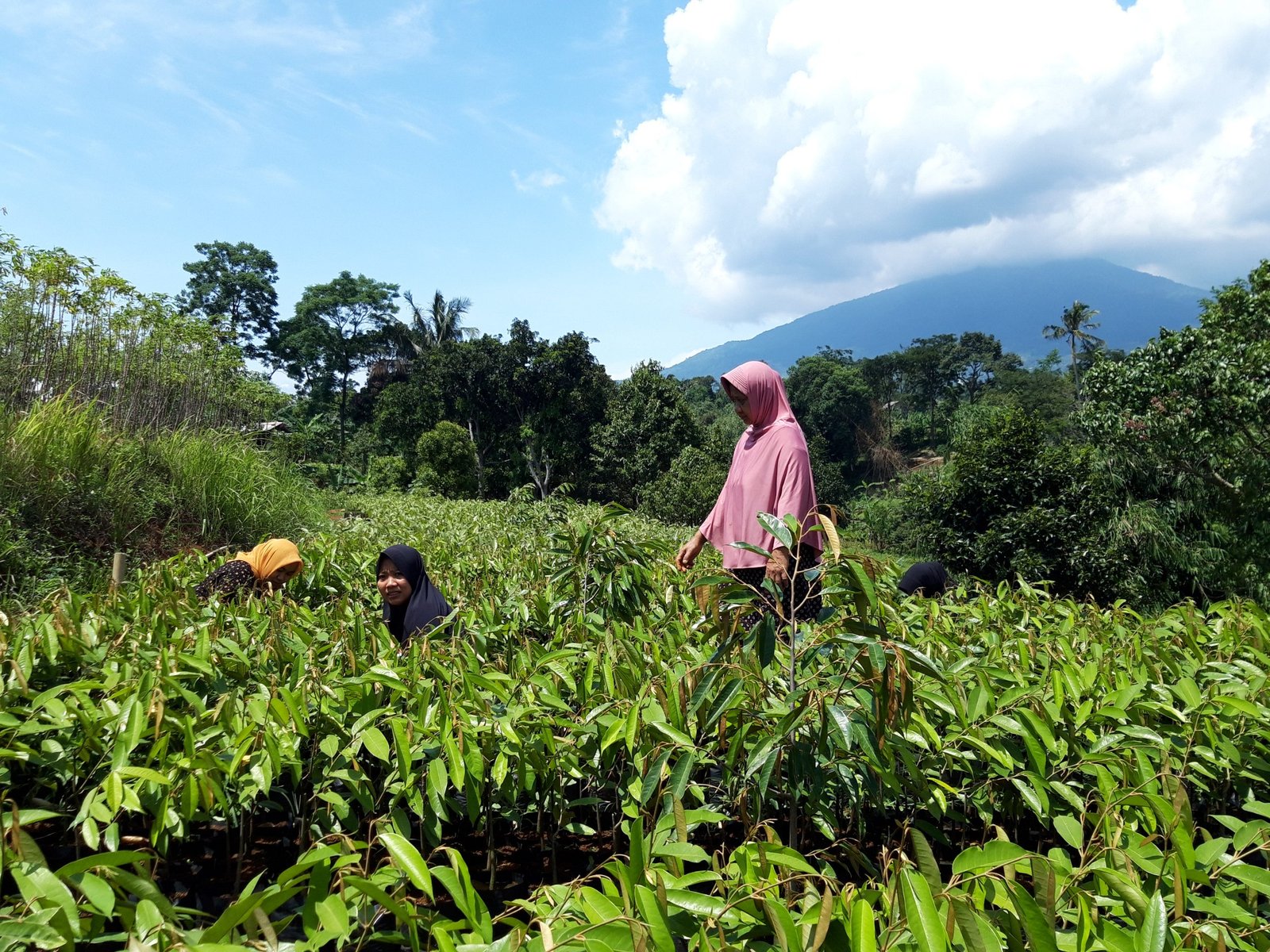The earthquake in Central Sulawesi that occurred on October 28, 2018, with a magnitude of 7.4 paralyzed the joints of people living in Central Sulawesi at that time. The three most affected areas are Palu City, Donggala Regency, and Sigi Regency.
In the rehabilitation and reconstruction phase, PARCIC together with Bina Swadaya and SKP HAM carried out the Livelihood Phase 2 program in 5 villages in Kulawi District and Dolo District, Sigi Regency, Central Sulawesi Province. The project locations include Dolo District, namely Soulowe Village, Karawana Village, Potoya Village, Biromaru District, Sidera Village, and Kulawi District in Namo Village.

The program aims to increase the capacity for livelihood restoration in vulnerable communities. The livelihood recovery model is carried out by providing assistance, training, assistance with vegetable seeds, and agricultural equipment, as well as assistance for native chicken breeds and livestock equipment.
Nurhayati (42), one of the beneficiaries from Namo Village, Kulawi District, Sigi Regency, Central Sulawesi, revealed that she felt helped by the presence of the Dapur Usaha PARCIC, SKP-HAM, and Bina Swadaya programs in her area.
As a housewife, the backbone of her family’s economy is in the hands of Ahmad her husband who also works as a farmer. After the earthquake in September 2018, various problems emerged from food availability to aid that did not arrive due to road access being cut off.
“I was almost crushed by a house pole during the earthquake,” recalled Nurhayati, who was grateful that her family members were still safe.
After about 6 months of mentoring the Dapur Usaha program in Namo Village, Nurhayati felt the impact she felt provided many benefits. He began to open a trading business that was able to increase the family’s economic income which was used to save and renovate houses affected by the disaster.

In addition to the Dapur Usaha program, Nurhayati, who is also a beneficiary in the agricultural program, has received several seeds such as chicory, chili, tomatoes, eggplant, and several other seeds. The assistance and training provided in the program are knowledge of how to farm well to make moles for fertilizer.
“Alhamdullilah, with this agricultural program, the family’s economy was helped a little, I was also given training for moles for fertilizer and now it has been harvested. There are also those enjoyed alone, so the harvest is then 380kg for tomatoes,” Nurhayati said.
In addition to being enjoyed alone, some of the agricultural products are sold and the profits are used for business capital and savings. Nurhayati hopes that in the future she can develop her merchandise and continue her business in agriculture. He is also very grateful for this program because he gained new knowledge in agriculture.
“I am very grateful to Mr. Eko (Bina Swadaya) for being taught how to make moles for plant fertilizer,” he said.

